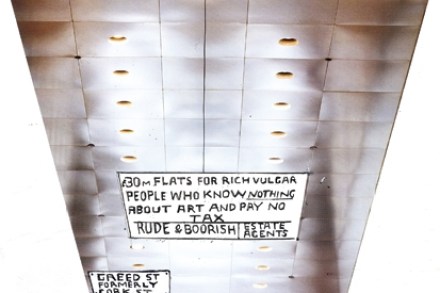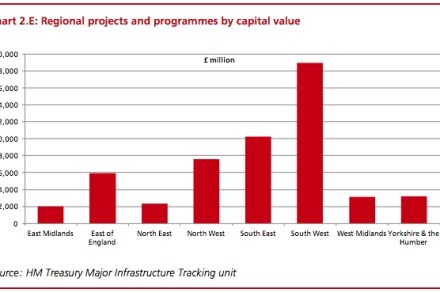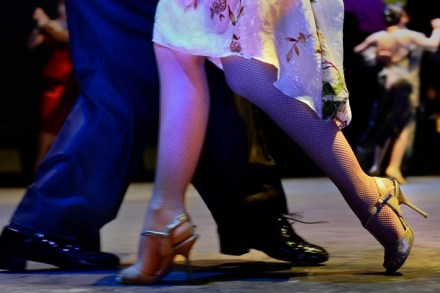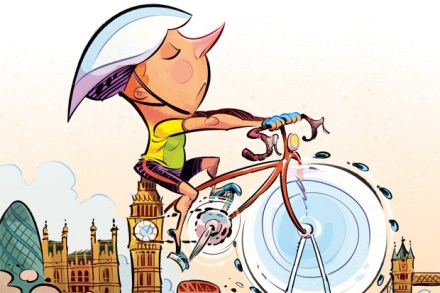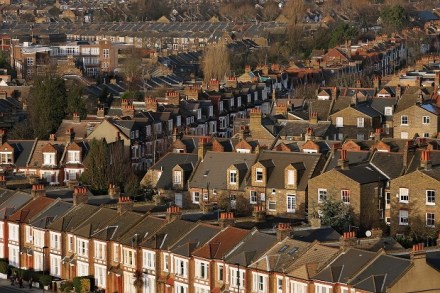Dear Mary: How can I escape my neighbour’s spy cameras?
Q. I have a problem with what might be called location blindness. I live in Balham, but when I arrange restaurant lunches with friends, most of whom live in west London, they tend to assume I will be happy to make three times as long a journey to meet up as they will have to make themselves. A good midpoint for me would be, for example, Green Park, which takes only 15 minutes by Tube from Clapham South, but often, when someone has agreed to meet there, they ring at the 11th hour to suggest Notting Hill instead (50 minutes by tube for me, ten minutes’ walk for them). Or else




